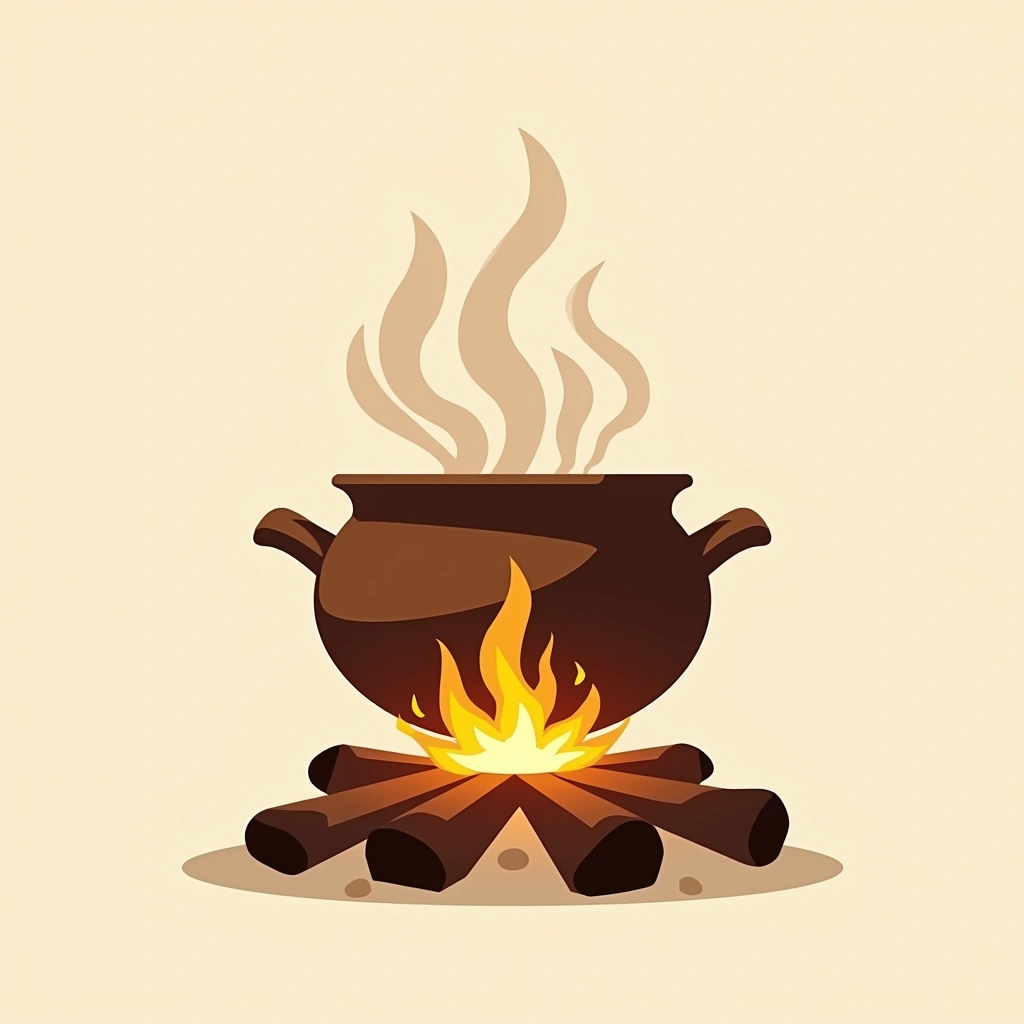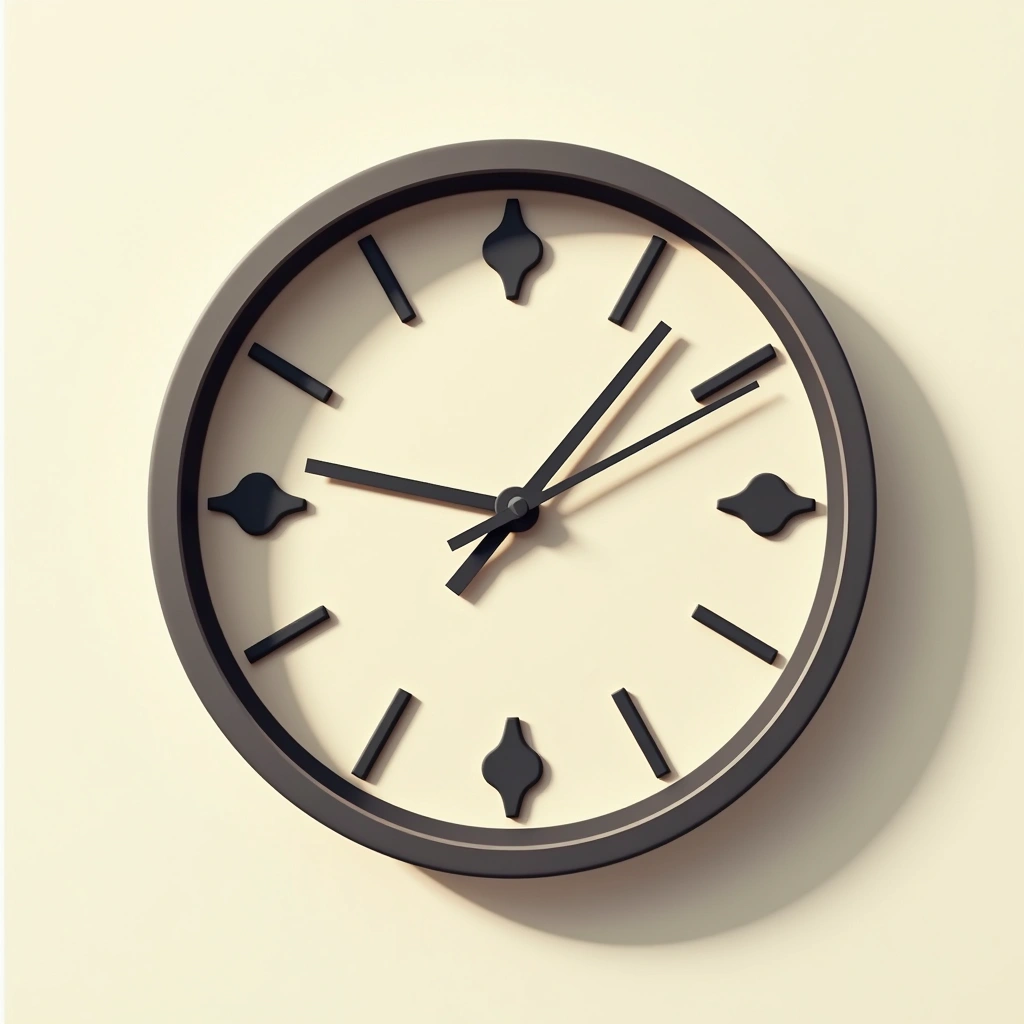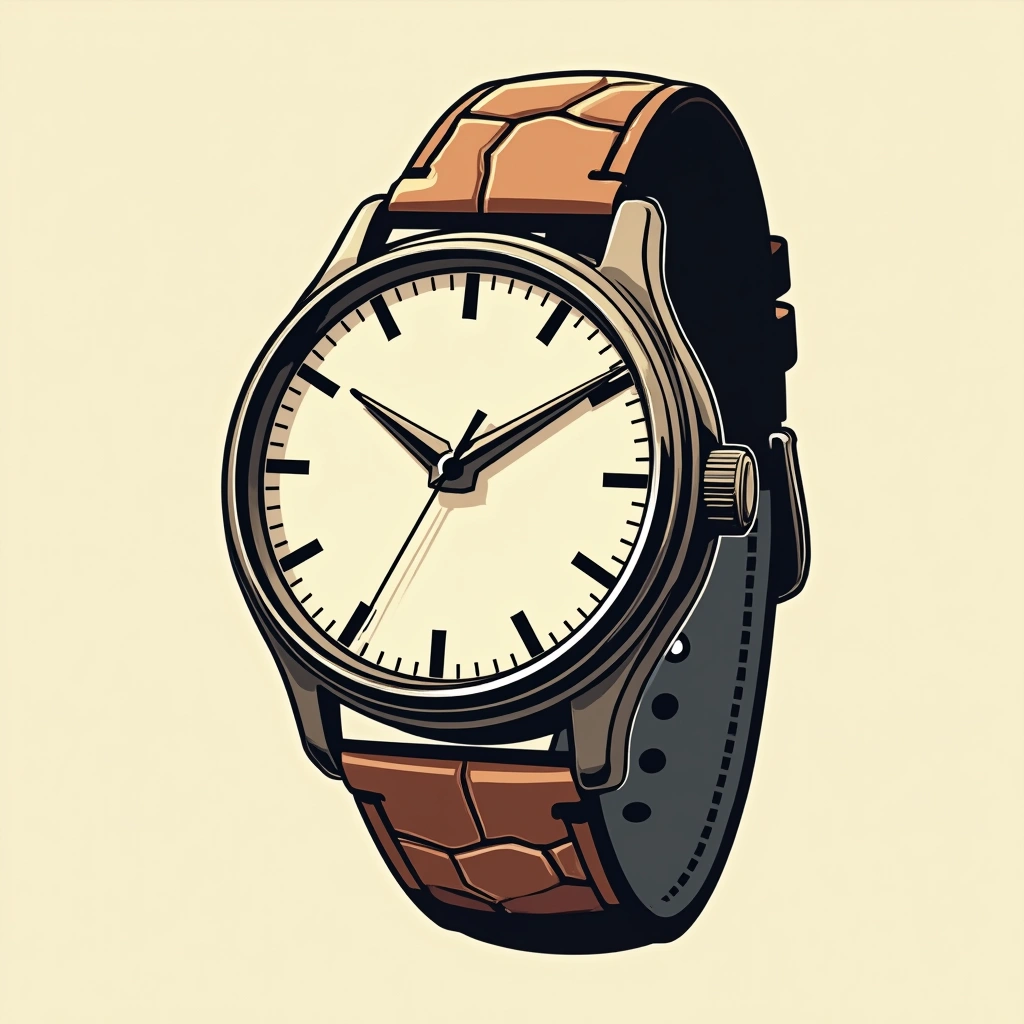
Early Morning Exercise Routine
Engaged in a 45-60 minute workout starting at 5 AM, including stationary running, 100 fingertip push-ups, and 200 sit-ups. Reduced intensity in later years but maintained consistency.



Simple Portion-Controlled Meals
Ate small, nutrient-dense meals like cereal, fruit, chicken, and rice. Favored traditional African dishes such as peanut butter spinach soup, avoiding processed foods.



Pre-Dawn Bed Making
Made his own bed immediately upon waking, regardless of location - prison cell, presidential residence, or hotels.



Strategic Correspondence Sessions
Dedicated first office hours to personally respond to 50+ daily letters and calls, including fan mail and policy critiques.



Boxing-Based Stress Management
Trained 3 evenings weekly at Soweto boxing gyms, using footwork drills and heavy bag work to process frustration.



Mandatory Rest Cycles
Followed intense 4-day training blocks with 3 recovery days, scaling activity to energy levels.



Ritualized Morning Planning
Spent 15 minutes post-exercise visualizing daily priorities, even during imprisonment.



Cultural Cuisine Advocacy
Insisted on traditional African meals at state functions, employing personal chefs specializing in indigenous recipes.



Preemptive Energy Conservation
Scheduled high-stakes meetings before noon, reserving afternoons for lighter administrative tasks.



Symbolic Sports Engagement
Attended rugby matches wearing Springbok colors to reconcile racial divides, most notably at the 1995 World Cup.



Guerrilla Diplomacy Practices
Conducted secret negotiations during prison outings, including unguarded meetings with government officials.



Tension-Dissipation Theory
Used physical exhaustion from exercise to prevent interpersonal conflicts, channeling stress into workouts.



Circadian Sleep Alignment
Maintained strict 9:30 PM bedtime when possible, aligning with natural light cycles.



Incarceration-Inspired Minimalism
Limited possessions to functional items, maintaining sparse living quarters even as president.



Rhythmic Labor Integration
Approached prison rock-breaking as meditative practice, syncing strikes with breath patterns.



Tactical Compliment Deployment
Opened difficult conversations by acknowledging opponents' positive qualities.



Ceremonial Timekeeping
Wore watch consistently, using punctuality as symbolic respect even when meeting former captors.



Contextual Code-Switching
Switched between Xhosa tribal formalities and Western diplomatic protocols during negotiations.



Targeted Legacy Building
Founded multiple organizations (Nelson Mandela Foundation, The Elders) to institutionalize humanitarian values.



Prison-Developed Time Perception
Marked years through natural cycles (bird migrations, seasonal rains) rather than calendars.

